Kyoto is famous for its historic charm and traditional culture, and its sento and onsen (public baths) are no exception.
However, for those with tattoos, finding welcoming facilities can be tricky.
Fortunately, Kyoto offers several tattoo-friendly sento where visitors of all kinds can enjoy Japan’s bathing culture.
1. Funaoka Onsen
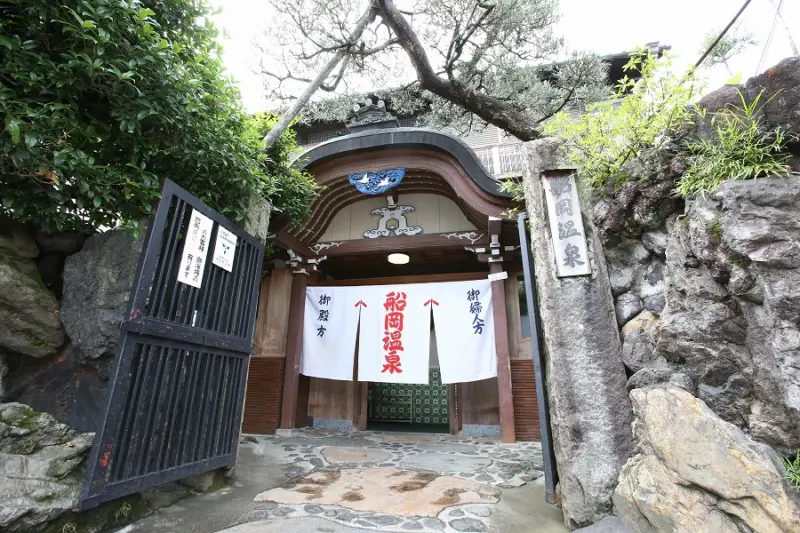
Funaoka Onsen is one of Kyoto’s most iconic sento, with a history of over 100 years. Its vintage decor and various baths, including medicinal and electric baths, create a unique experience.
The facility welcomes visitors with tattoos, making it a must-visit for those seeking relaxation in Kyoto’s Nishijin district.
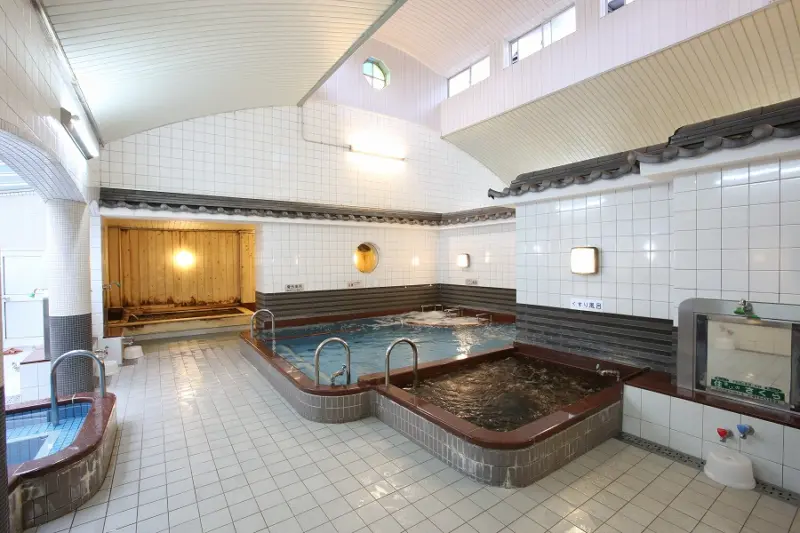
- Hours: 15:00–23:30
Funaoka Onsen also has an attached guesthouse, offering traditional Japanese-style rooms for accommodation. Book here.
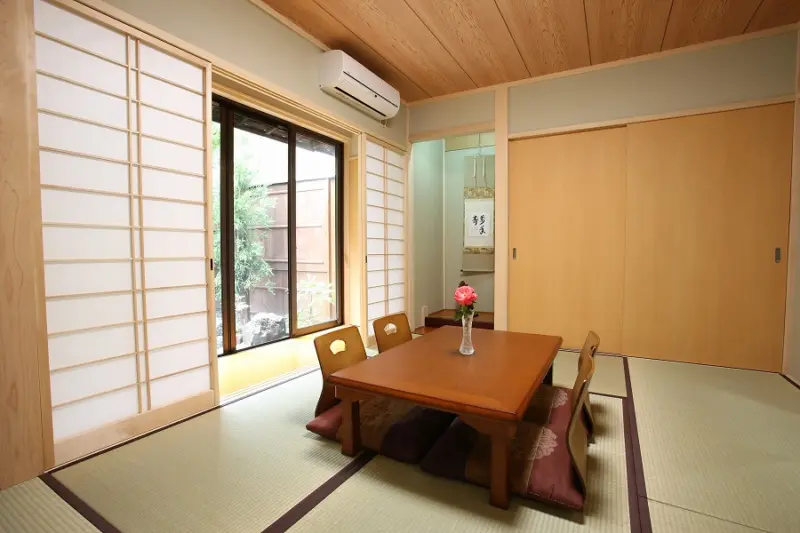
2. Goko-yu
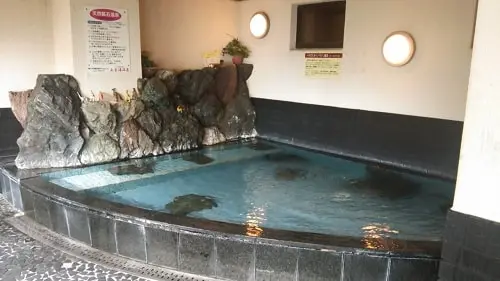
Located near Nijo Castle, Goko-yu offers a mix of modern and traditional Japanese bathing culture.
This sento features spacious baths and a sauna, and tattoos are not an issue here. The friendly atmosphere makes it a great spot to unwind after sightseeing.
- Hours: 16:30–00:30
- Closed: Mondays
3. Umeyu

For a retro vibe, head to Umeyu, a sento that combines vintage aesthetics with a welcoming atmosphere.
This tattoo-friendly bathhouse is known for its hot baths and a laid-back charm that appeals to locals and travelers alike.
- Hours: 14:00–26:00
- Closed: Thursdays
4. Hakusan-yu
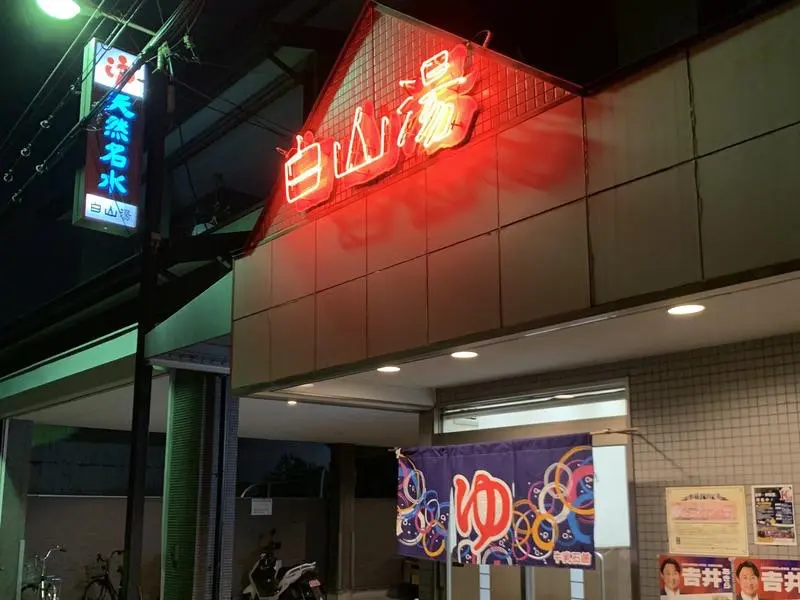
Located in Kyoto’s Shimogyo Ward, Hakusan-yu uses natural spring water to create a relaxing sento experience. Visitors can enjoy a variety of baths, including medicinal baths, massage baths, jacuzzis, and even electric baths.
The women’s bath area is especially spacious and features a serene open-air bath, making it an excellent choice for those seeking relaxation in a traditional yet modern setting.
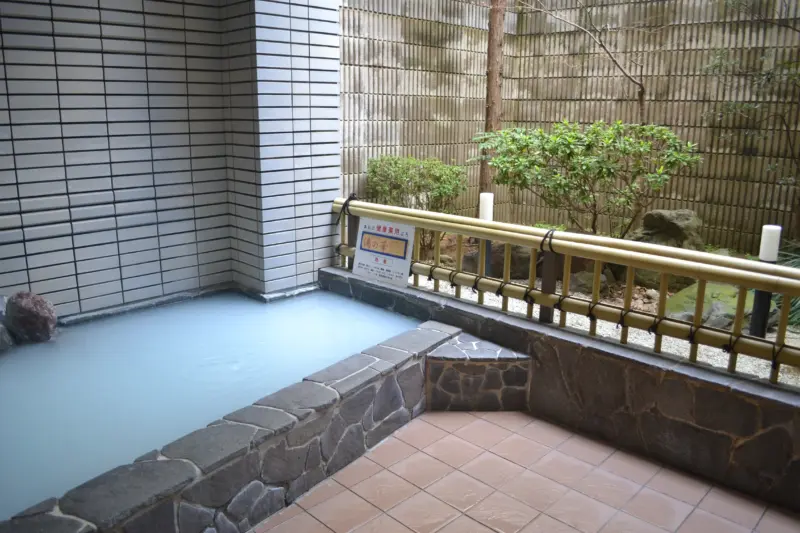
- Hours: 15:00–24:00
- Closed: Saturdays(Takatsuji) Wednesdays (Rokujyo)
- Google Map 1.Hakusan-yu Takatsuji 2.Hakusan-yu Rokujo
Tips for Visiting Tattoo-Friendly Sento in Kyoto
- Respect Local Etiquette: Wash thoroughly before entering the communal baths.
- Bring Your Own Essentials: Towels, soap, and shampoo are often not provided but can be purchased at the entrance.
- Check Hours and Closures: Always confirm operating times before your visit.
FAQ
A sento is a public bathhouse that uses heated tap water, while an onsen utilizes natural hot spring water.
Most sento in Kyoto do not require reservations. You can simply walk in during their business hours.
Credit cards are rarely accepted. It’s recommended to bring cash, especially coins, for entry and any extras.

